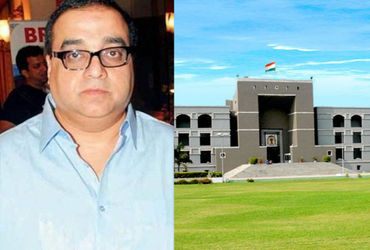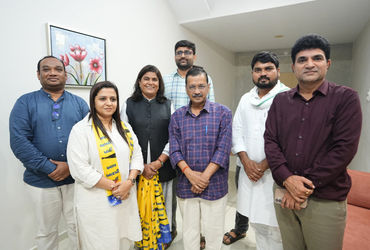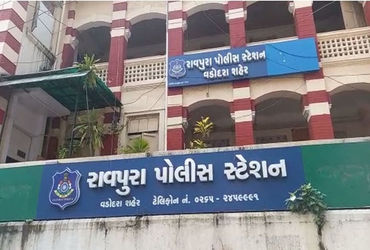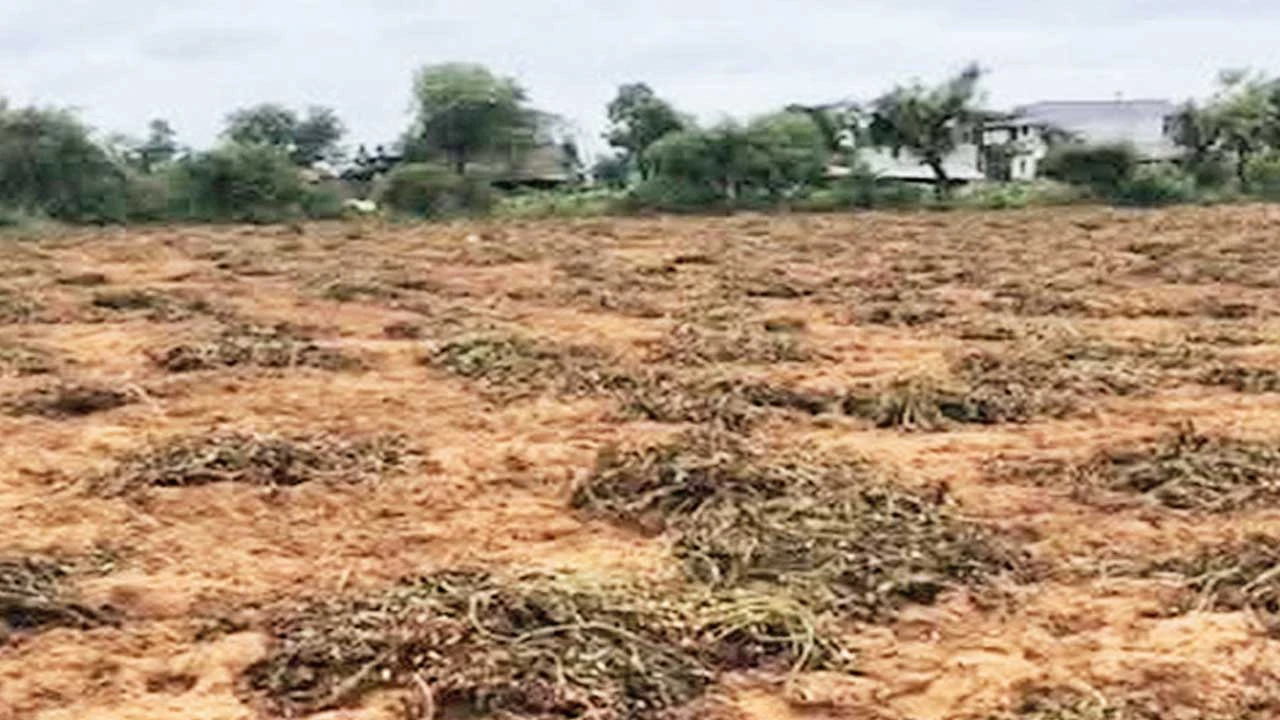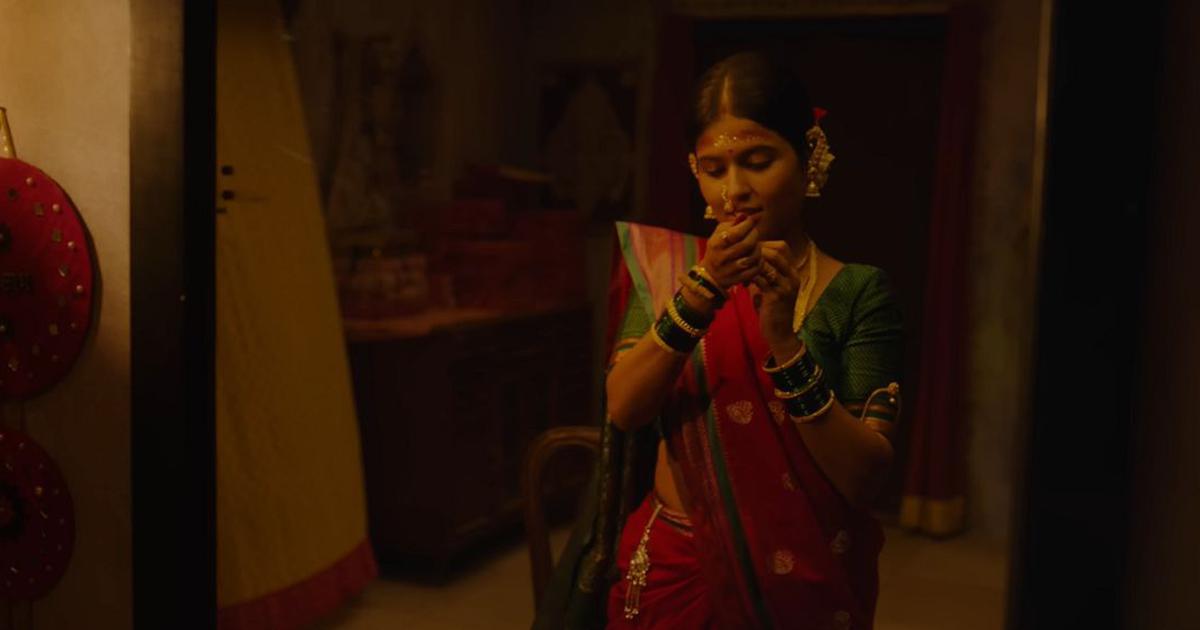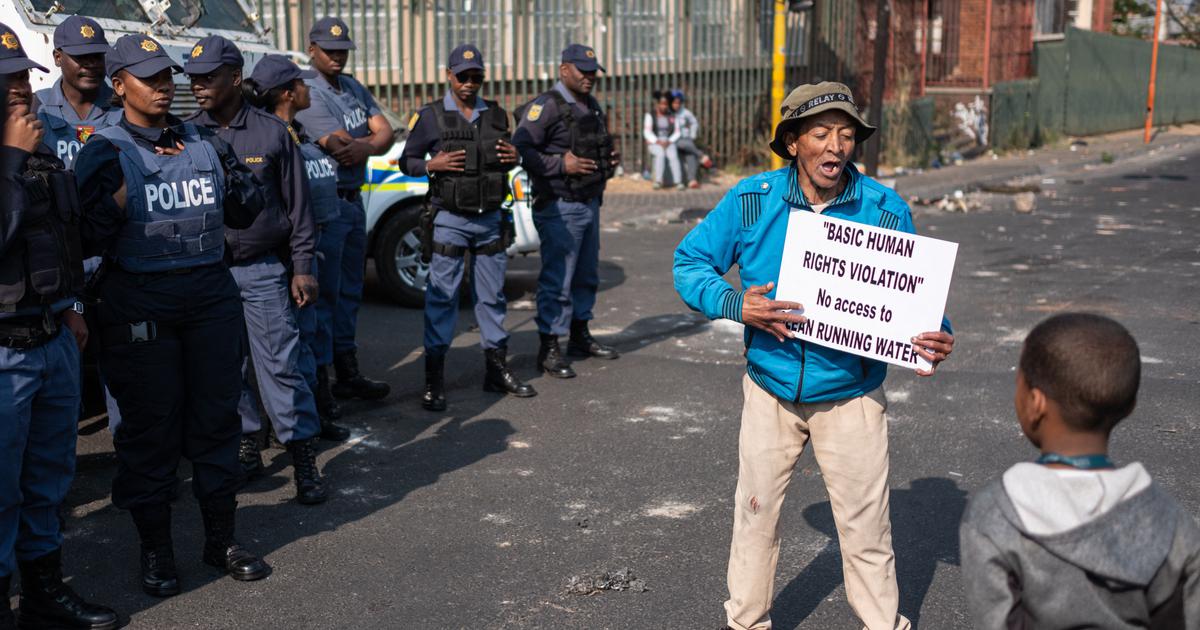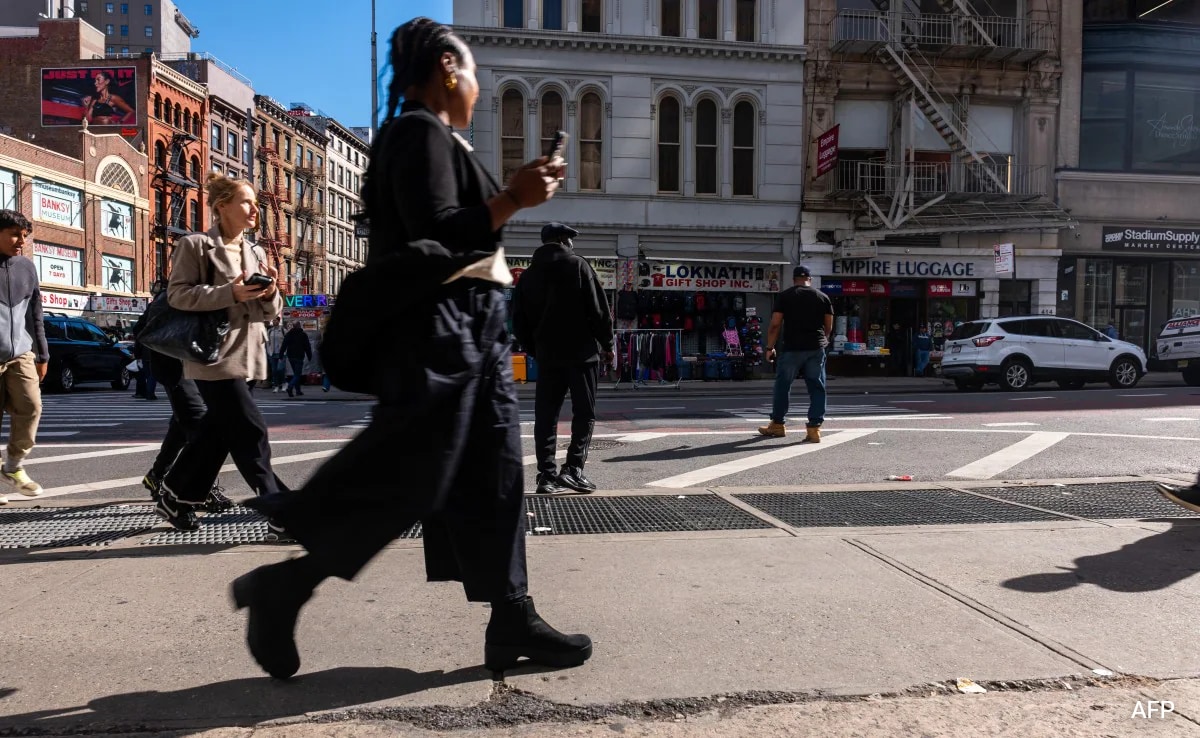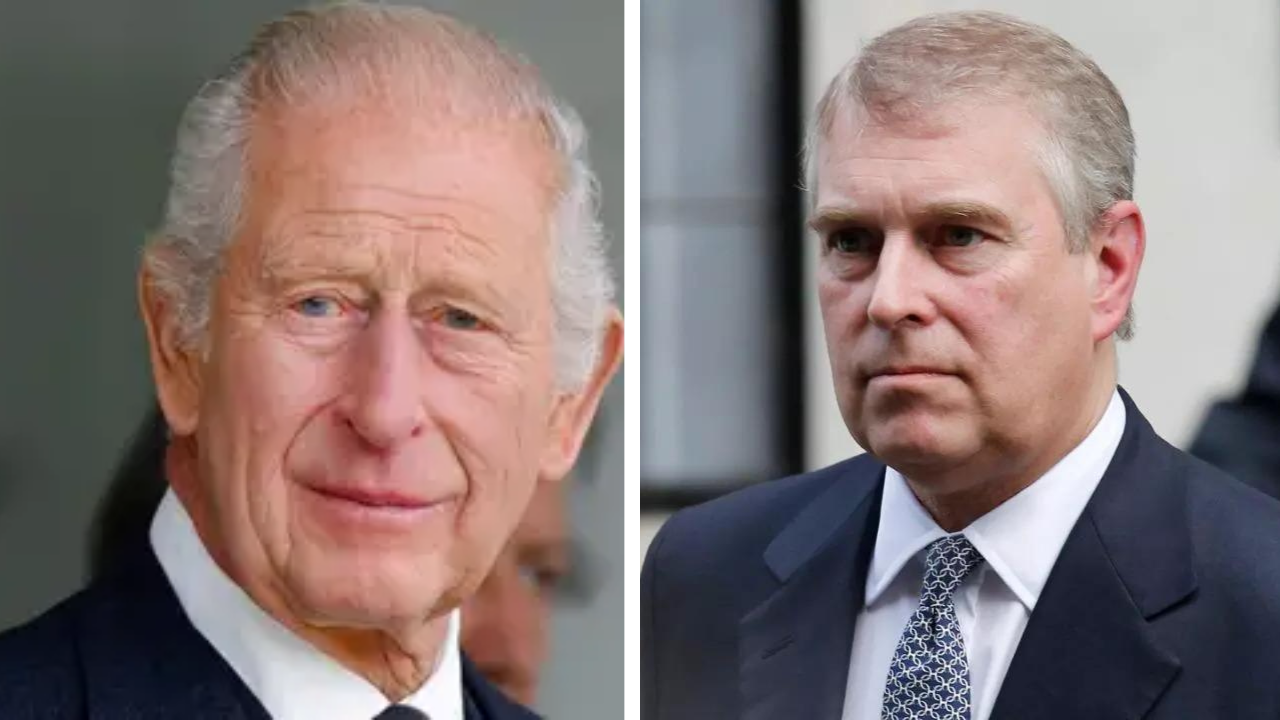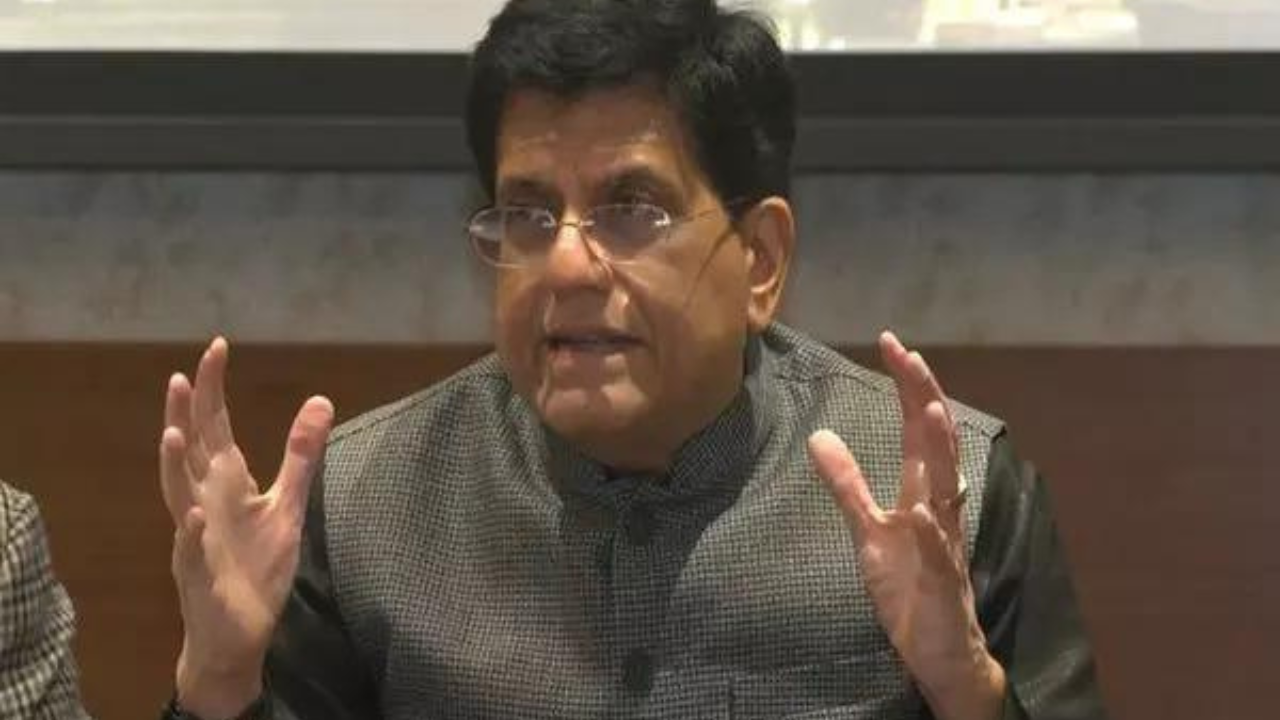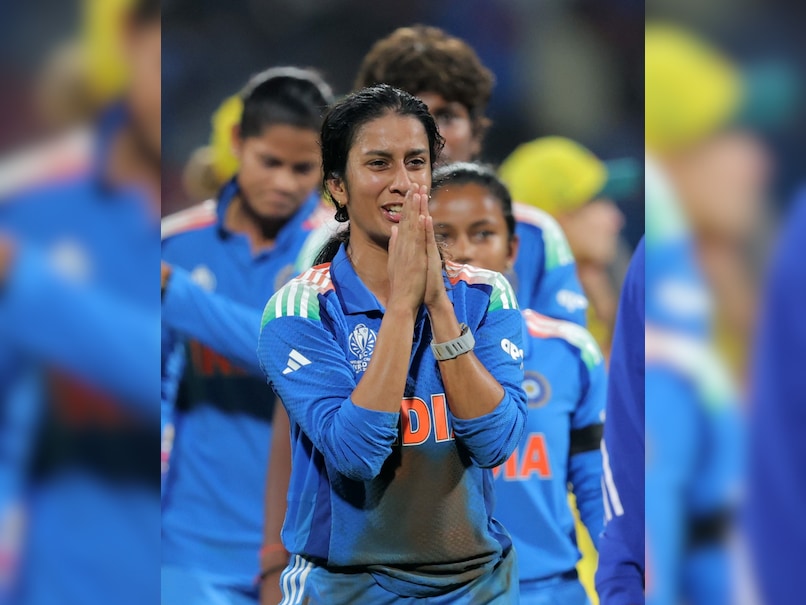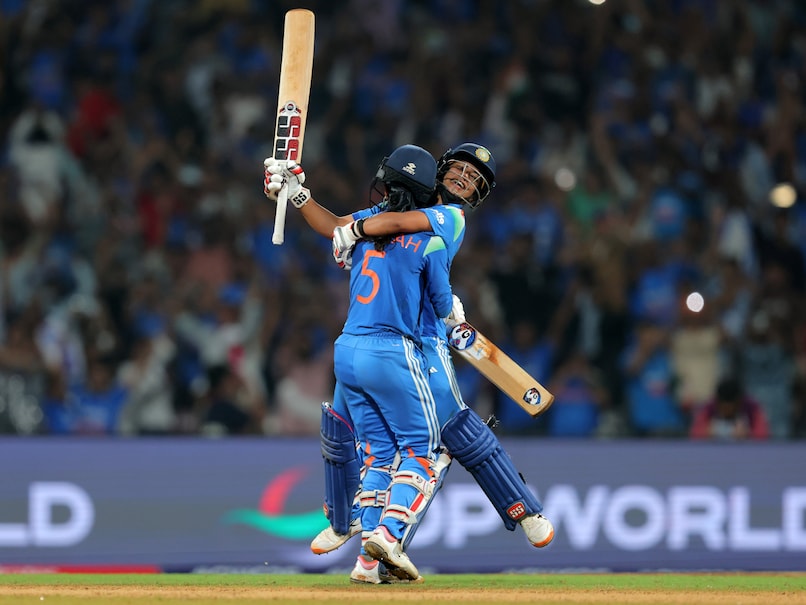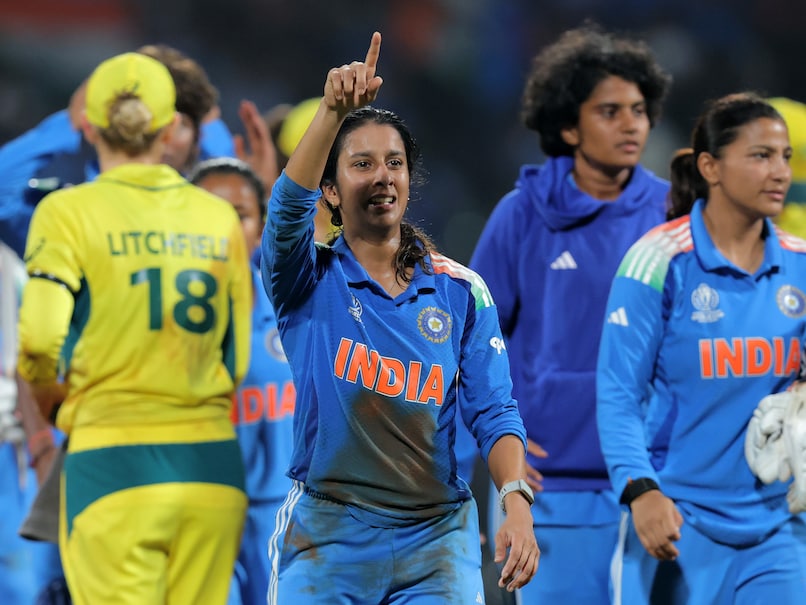Is the Bangladesh Nationalist Party being co-opted into the regime it denounced?
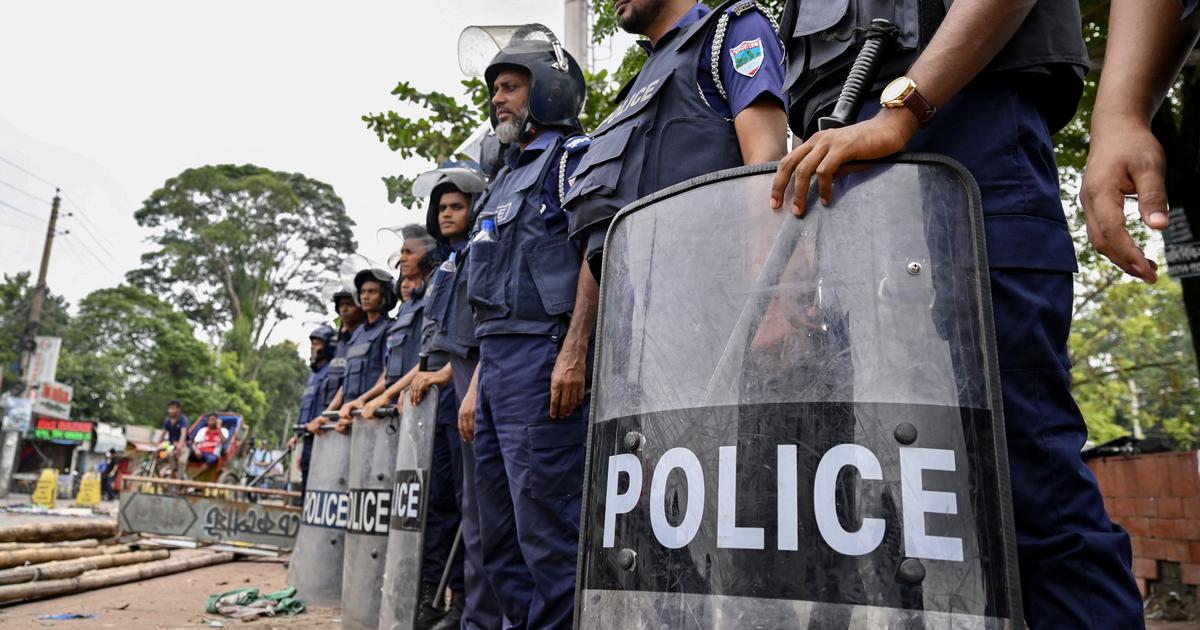
Join our WhatsApp Community to receive travel deals, free stays, and special offers!
- Join Now -
Join our WhatsApp Community to receive travel deals, free stays, and special offers!
- Join Now -

The spectacle of the Bangladesh Army’s July 16 use of disproportionate force in Gopalganj that killed at least five people shattered the illusion of discipline and neutrality long associated with the country’s security forces. The deaths resulted when the Army opened fire following clashes between Awami League and National Citizens Party supporters in Gopalganj.
What unfolded was not a tragic misunderstanding or isolated mishap; it was a coordinated, deliberate use of deadly force against ordinary citizens, many of whom were Awami League supporters. The Bangladesh Nationalist Party, the country’s second-largest political party, has not just a right but a responsibility to speak up against state repression.
For a military-backed interim regime, which once postured itself as the guardian of peace and order, this bloodletting represents a dangerous new phase in Bangladesh’s spiralling political crisis.
Even more disturbing is the contrast between this violence and the army’s earlier restraint. In July and August last year, the military projected itself as an impartial arbiter amid political tensions.
Over the past 11 months of this caretaker government, headed by Muhammad Yunus, the armed forces were largely seen as hovering above the fray, playing the role of an institutional stabiliser in a country long plagued by partisan polarisation. This image has now been shredded.
A sharp shift in military behaviour – marked by...
Read more
What's Your Reaction?
 Like
0
Like
0
 Dislike
0
Dislike
0
 Love
0
Love
0
 Funny
0
Funny
0
 Angry
0
Angry
0
 Sad
0
Sad
0
 Wow
0
Wow
0
